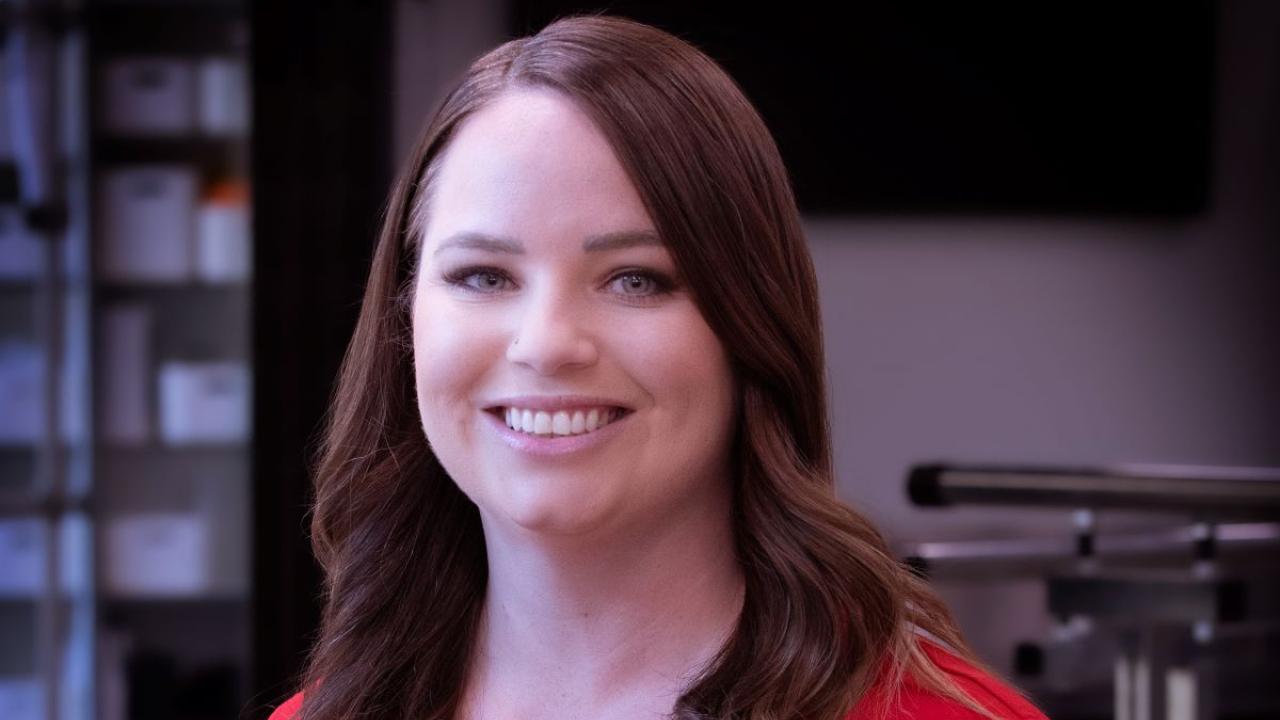
Event Date
A recording of this presentation is available to UC Davis affiliates here.
ASHLEY DALRYMPLE, PHD
Assistant Professor
Department of Biomedical Engineering and Physical Medicine & Rehabilitation
University of Utah
Host: Jonathon Schofield, PhD, jschofield@ucdavis.edu
This is an in-person event. Please register here: https://tinyurl.com/Neuroeng-Mar2025

Registration for remote attendance is limited to colleagues from the Sacramento campus and those working remotely: https://tinyurl.com/ZoomMar25
Abstract
After injury to the nervous system, motor and sensory function are often impaired. Regaining the ability to walk is of high importance to people with paralysis. Sensory feedback is important for executing motor functions, but there currently is no clinical solution for restoring sensory function. I will discuss our recent work on how stimulating the spinal cord, using either implanted electrodes or non-invasively, can restore sensory and motor function after neural injury. I will review how sensory and motor systems interact at the spinal level, and demonstrate how these pathways are useful in understanding how the spinal cord changes after neural injury and after spinal cord stimulation. Finally, we will explore how the timing after injury can influence the onset of sensory percepts from stimulation, as well as lead to faster recovery of motor function.
Bio
Dr. Ashley Dalrymple is currently an Assistant Professor in the Departments of Biomedical Engineering and Physical Medicine and Rehabilitation at the University of Utah. She completed her BSc in Electrical and Biomedical Engineering and her PhD in Neuroscience at the University of Alberta. She then went on to complete a postdoc at the Bionics Institute in Melbourne, Australia. Dr. Dalrymple moved to Pittsburgh to complete additional postdoc training, first at the University of Pittsburgh and then at Carnegie Mellon University. During that time, she obtained a pilot grant from the National Center of Neuromodulation for Rehabilitation and was awarded a prestigious fellowship from the Canadian Institutes of Health Research. The focus of Dr. Dalrymple’s work involves the use of implanted and non-invasive neural interfaces to restore function, particularly the rehabilitation of walking, restoring sensation, and reducing pain. Her research spans basic science, proof-of-concept, pre-clinical, and clinical studies.
